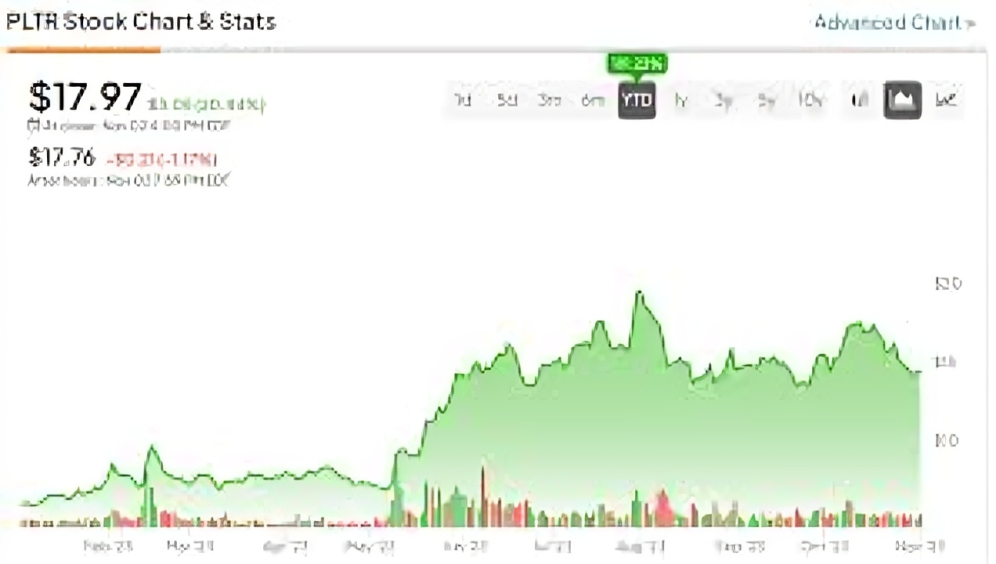In recent years, the concept of a Bitcoin Exchange-Traded Fund (ETF) has generated immense interest within the financial world. With the increasing mainstream adoption of cryptocurrencies, the approval of a Bitcoin ETF has become a significant milestone for both investors and the overall crypto market. This article explores what Bitcoin ETF approval means, the implications for investors, and the potential future of cryptocurrency in the financial ecosystem.
What is a Bitcoin ETF Approval?
A Bitcoin ETF Approval is a financial product that allows investors to gain exposure to Bitcoin without directly buying and storing the cryptocurrency. Instead, the ETF holds Bitcoin as its underlying asset, and investors can buy shares of the ETF just like they would with traditional stocks. This structure offers several advantages:
- Accessibility: Traditional investors, including institutional investors, may be more comfortable purchasing an ETF rather than buying Bitcoin directly. This ease of access can lead to increased investment in Bitcoin.
- Regulatory Oversight: ETFs are typically regulated by financial authorities, which can provide a sense of security for investors. This oversight can help mitigate risks associated with investing in cryptocurrencies, such as fraud and market manipulation.
- Tax Efficiency: In some jurisdictions, investing in an ETF can offer tax advantages compared to buying and selling cryptocurrency directly. This can make Bitcoin ETFs more appealing to investors concerned about tax implications.
The Journey to Approval
The journey toward Bitcoin ETF approval has been fraught with challenges and regulatory hurdles. The U.S. Securities and Exchange Commission (SEC) has been particularly cautious about approving Bitcoin ETFs due to concerns about market volatility, liquidity, and investor protection. Here’s a brief overview of the history leading up to the current state of Bitcoin ETF approval:
- 2013-2017: The first Bitcoin ETF proposals were submitted to the SEC, but they were all rejected. The SEC cited concerns about the lack of regulation in the cryptocurrency market and the potential for fraud.
- 2018-2020: Despite multiple rejections, interest in Bitcoin ETFs continued to grow. The SEC began to see a shift in public perception regarding cryptocurrencies, leading to a renewed focus on potential approval.
- 2021: In October 2021, the ProShares Bitcoin Strategy ETF became the first Bitcoin ETF to be approved by the SEC. This approval marked a significant turning point for the cryptocurrency market, leading to increased institutional interest and investment.
The Impact of Bitcoin ETF Approval
The approval of a Bitcoin ETF Approval has several profound implications for the cryptocurrency market:
1. Increased Institutional Investment
The approval of a Bitcoin ETF opens the door for institutional investors to participate in the cryptocurrency market. Many institutional investors, such as pension funds and mutual funds, have been hesitant to invest in cryptocurrencies due to regulatory uncertainty and concerns about security. An ETF provides a regulated and familiar investment vehicle that can attract significant capital from institutional players.
2. Enhanced Credibility for Bitcoin
The approval of a Bitcoin ETF adds legitimacy to Bitcoin as an asset class. It signals that regulatory bodies recognize Bitcoin’s potential as a store of value and an investment option. This credibility can encourage more retail investors to enter the market, further driving demand for Bitcoin and other cryptocurrencies.
3. Market Volatility and Price Impact
Historically, the anticipation of Bitcoin ETF approval has led to significant price increases for Bitcoin. After the ProShares ETF approval in October 2021, Bitcoin’s price surged to new all-time highs. However, increased institutional investment can also lead to greater market volatility, as large capital inflows and outflows may influence price movements.
4. Diversification of Investment Products
With the approval of Bitcoin ETFs, asset managers and financial institutions may start to create a range of Bitcoin-related investment products. This diversification can lead to the development of more innovative financial instruments, such as leveraged ETFs, futures-based ETFs, and even Bitcoin index funds. Such products can cater to a broader spectrum of investors with varying risk appetites.
5. Regulatory Developments
The approval of a Bitcoin ETF Approval may encourage other countries to consider similar financial products. As countries around the world explore the potential of cryptocurrencies, regulatory frameworks may evolve to accommodate Bitcoin and other digital assets. This can lead to a more integrated global cryptocurrency market, fostering innovation and investment.
Challenges and Concerns
While the approval of Bitcoin ETFs is generally viewed positively, there are several challenges and concerns that need to be addressed:
1. Market Manipulation
One of the SEC’s primary concerns is the potential for market manipulation in the cryptocurrency space. Bitcoin markets have historically been susceptible to manipulation due to their relatively low liquidity compared to traditional financial markets. Ensuring a fair and transparent trading environment is crucial for the long-term success of Bitcoin ETFs.
2. Security Risks
Investing in cryptocurrencies comes with inherent security risks, including the potential for hacking and theft. While ETFs mitigate some of these risks by holding assets in secure custodial accounts, investors must remain aware of the broader security landscape in the cryptocurrency space.
3. Regulatory Uncertainty
The regulatory environment surrounding cryptocurrencies continues to evolve. While Bitcoin ETF Approval have received approval, other cryptocurrencies may face more stringent regulations. Changes in regulatory policies can impact the broader market, leading to uncertainty for investors.
The Future of Bitcoin ETFs and the Crypto Market
Looking ahead, the future of Bitcoin ETFs and the cryptocurrency market remains promising but uncertain. Several factors will influence the trajectory of Bitcoin ETFs:
1. Growing Adoption of Cryptocurrencies
As more individuals and institutions adopt cryptocurrencies, the demand for Bitcoin ETFs is likely to increase. Continued education about cryptocurrencies and their potential benefits will play a vital role in driving adoption.
2. Technological Advancements
The development of more sophisticated trading platforms and blockchain technologies can enhance the security and efficiency of Bitcoin ETFs. Innovations in custody solutions and trading infrastructure can improve investor confidence and attract more capital.
3. Global Regulatory Landscape
The evolving regulatory landscape will significantly impact the future of Bitcoin ETFs. As more countries explore the potential of cryptocurrency regulation, the approach taken by regulatory bodies will shape the market’s dynamics.
4. Market Maturity
As the cryptocurrency market matures, it is likely to become less volatile and more stable. This maturity can enhance investor confidence and lead to increased participation in Bitcoin ETFs and other cryptocurrency-related products.
Conclusion
The approval of Bitcoin ETF Approval represents a watershed moment for the cryptocurrency market. It provides a bridge between traditional finance and the world of digital assets, allowing more investors to participate in the growing crypto ecosystem. While challenges remain, the potential benefits of Bitcoin ETF Approval, including increased institutional investment, enhanced credibility, and diversified investment products, pave the way for a bright future for cryptocurrencies. As the market continues to evolve, investors should remain informed and adaptable to navigate the opportunities and risks that lie ahead in the world of Bitcoin and beyond.




